
Eczema or atopic dermatitis is a common but frustrating skin condition that can affect both children and adults. There is no specific cure for eczema but there are measures that can relieve the symptoms and prevent or postpone the flare-ups.
Eczema in children
In children, eczema begins in early infancy and establishes itself by the age of five. The main symptom of eczema is rash, which can be dry, scaly, red, rough, irritated or oozing. It comes and goes in flare-ups, which can be managed to a certain extent but there is always a probability it will come back again, given that there is no definitive cure for it.
Eczema needs to be diagnosed by a dermatologist, since it can easily be mistaken for other skin issues, such as contact dermatitis, seborrheic dermatitis, heat rash or psoriasis. Doctors usually rely on patterns, triggers and timing of the flare-ups when they are making the diagnosis.
Treatments for eczema in children
As it is explained above, there is no definitive cure for eczema, the one that could end it once and for all. There are, however, treatments that can be used during flare-ups to minimize the symptoms and shorten the duration of the flare-ups.
These treatments generally include topical steroids in form of creams or ointments and, lately, non-steroidal topical medication, such as Elidel and Protopic. However, both Elidel and Protopic are unsuitable for children under the age of two and they are not supposed to be used over extended periods of time.
When it comes to topical steroids, they range from mild and very safe ones, like Hydrocortisone, which are available over the counter, to prescription-strength that are mid- or super-potent and usually used in severe cases of eczema. These need to be prescribed by a doctor, usually a dermatologist, and it is advised to consult a pediatrician about them as well.
Topical steroids and antihistamines
Generally, super-potent topical steroids are not prescribed to children and for them the treatment mainly consists of over-the-counter or mid-potency creams, such as Cutivate, Dermatop, Elocon and 0.1 percent triamcinolone. These medications should not be used over extended periods, because they may lead to skin damage such as stretch marks and thinning, and they are not suitable for use on the face or in the diaper area.
Another kind of medications that can be used for eczema in children are antihistamines, which are very helpful against itching. It is important to relieve itching because, if the child scratches the part of the skin affected by eczema, the skin may break and become susceptible to infections.



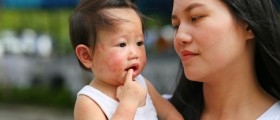
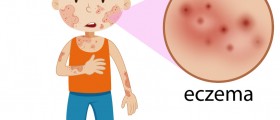
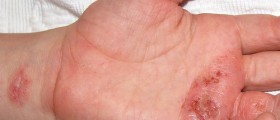
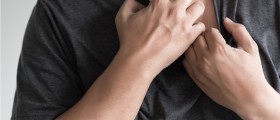

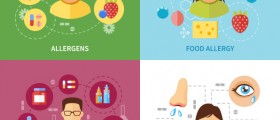
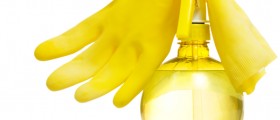

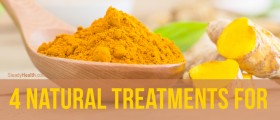
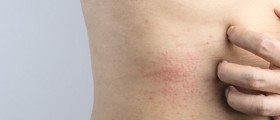

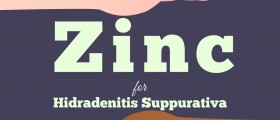
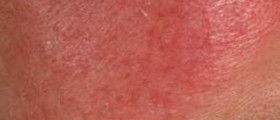
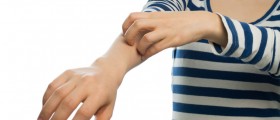
Your thoughts on this
Loading...